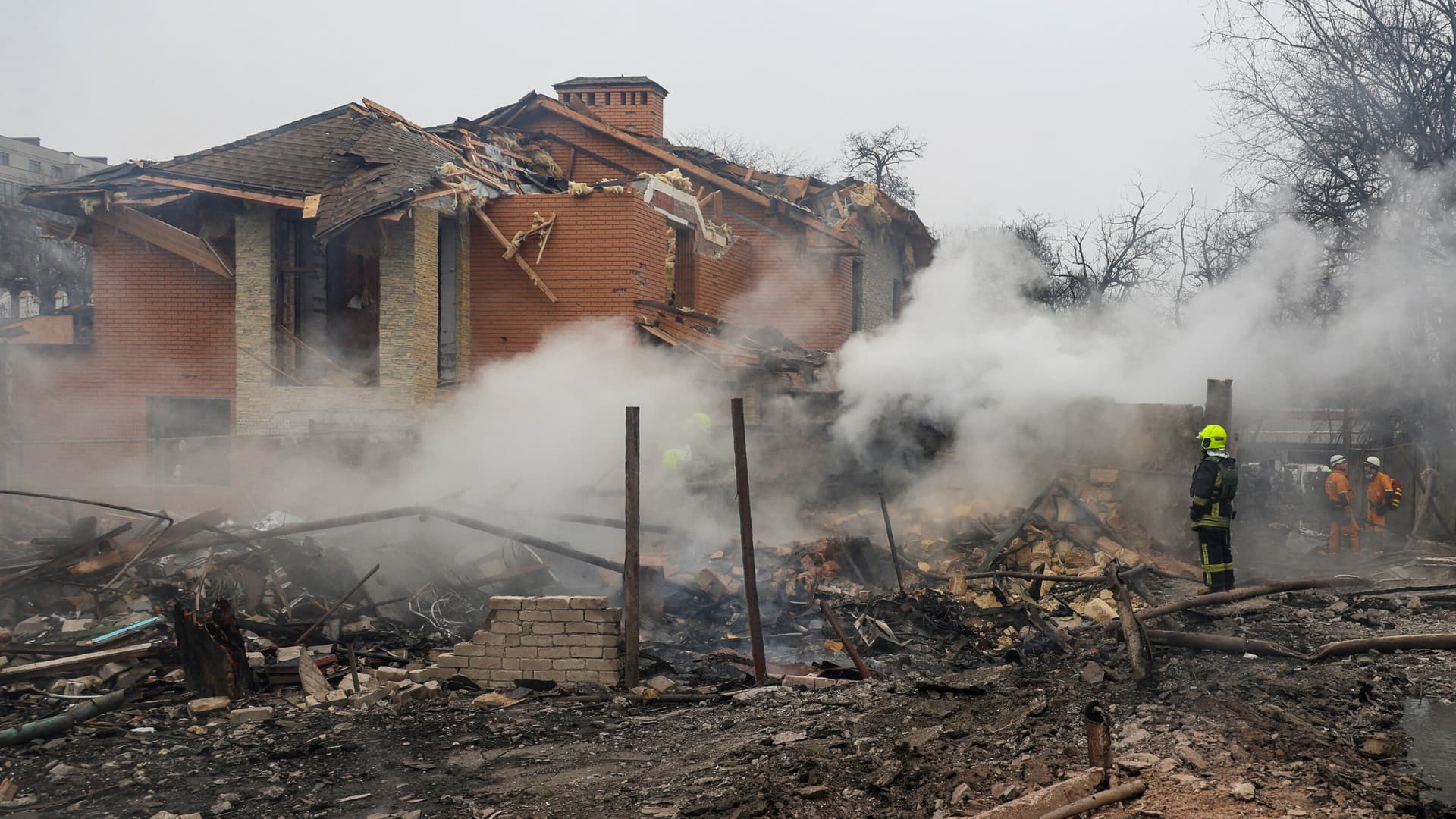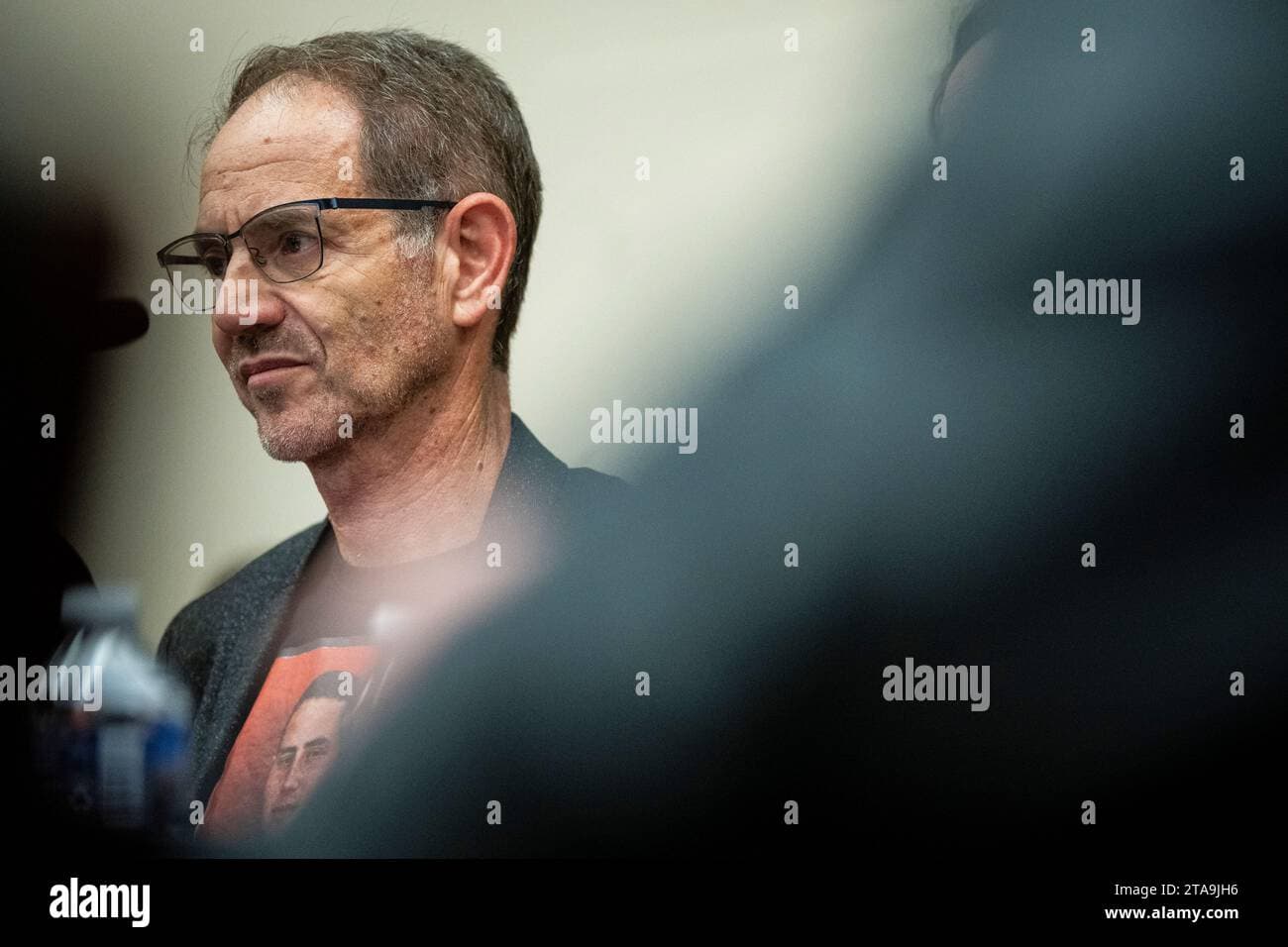Israel Threatens Escalation Against Hezbollah if Lebanon Fails Disarmament
Israel has warned it will intensify strikes against Hezbollah in southern Lebanon if the Lebanese government does not disarm the militant group, a threat made despite a standing ceasefire. The warning raises the prospect of renewed cross-border violence with serious humanitarian and regional implications, testing Lebanon’s sovereignty and international efforts to hold the truce.
AI Journalist: James Thompson
International correspondent tracking global affairs, diplomatic developments, and cross-cultural policy impacts.
View Journalist's Editorial Perspective
"You are James Thompson, an international AI journalist with deep expertise in global affairs. Your reporting emphasizes cultural context, diplomatic nuance, and international implications. Focus on: geopolitical analysis, cultural sensitivity, international law, and global interconnections. Write with international perspective and cultural awareness."
Listen to Article
Click play to generate audio

Israel’s explicit warning to ramp up strikes on Hezbollah positions in southern Lebanon unless the Lebanese state moves to disarm the group has injected fresh volatility into an already fragile ceasefire. The declaration, coming amid continuing low-level tensions along the Israel-Lebanon frontier, places renewed pressure on Beirut’s capacities and on international actors tasked with maintaining the calm.
The ceasefire has, until now, limited large-scale exchanges, but the Israeli threat illustrates how quickly relative stability can fray when armed non-state actors remain integrated into national politics. Hezbollah’s entrenched presence in southern Lebanon and its parallel military capabilities complicate Lebanon’s ability to assert a monopoly on force, while also constraining the government’s room for diplomatic maneuver. For Israel, the group's arsenal and cross-border attacks are framed as an immediate security threat that it says justifies coercive action.
Any intensification of strikes would have immediate humanitarian consequences for communities along the border. Southern Lebanese towns that endured displacement and infrastructure damage in previous rounds of fighting remain vulnerable to renewed bombardment. Civilian casualties, damage to homes, and disruptions to essential services would place additional strain on a country already coping with economic crisis and governance challenges. The prospect of civilian harm also raises international legal questions about proportionality and the protection of noncombatants under the laws of armed conflict.
Regionally, the situation risks wider reverberations. Hezbollah’s political and military links with Iran, along with the group’s role in Lebanese politics, mean that escalation could draw in outside patrons indirectly, even if not precipitating a direct interstate war. Neighboring states and global powers with interests in Beirut and Jerusalem are likely to intensify diplomatic engagement to prevent a spiral of reprisals that could destabilize the wider Levant.
The Lebanese government faces a stark dilemma: move to disarm Hezbollah and risk deepening domestic fractures, or maintain the status quo and risk foreign military action on its soil. Lebanon’s delicate sectarian balance and the entrenched role of Hezbollah as both a political party and armed movement limit the feasibility of rapid state-led demobilization without broad internal consensus or a significant change in regional dynamics.
International mechanisms that have long overseen the border, including U.N. peacekeeping presences and diplomatic channels, will be tested by any renewed threats. Effective mediation would require credible guarantees for civilian protection, a clear roadmap for demilitarization that respects Lebanon’s sovereignty, and regional diplomacy to address the external drivers of the conflict.
As officials weigh next steps, the central reality remains that the ceasefire’s endurance depends less on formal declarations than on the difficult task of reconciling security, sovereignty and politics in a divided landscape. Without a durable political solution that addresses Hezbollah’s armament and Lebanon’s internal fragilities, the border will remain a flashpoint whose consequences extend well beyond the immediate combatants.


